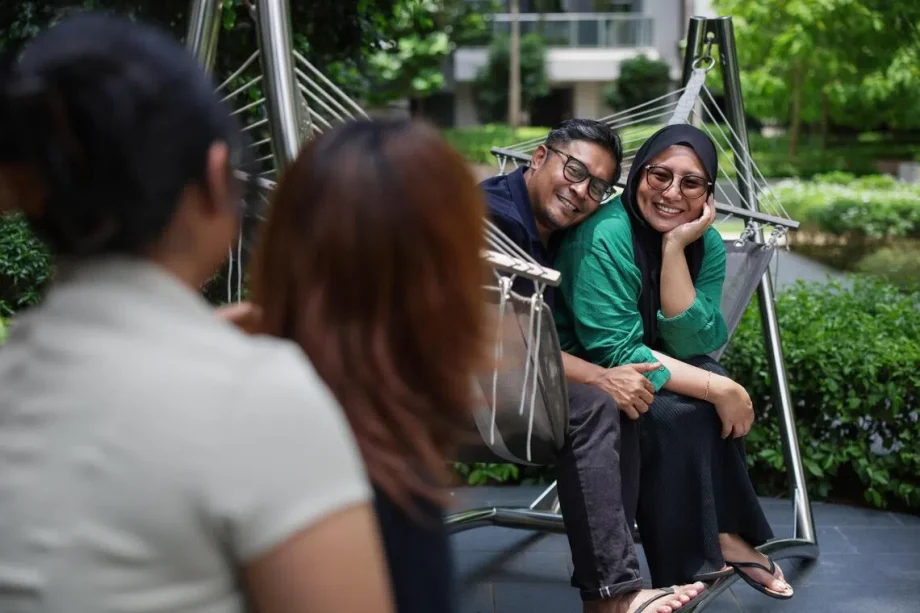SINGAPORE – Unlike most parents, Mr Khairul Amin Zakaria is unbothered by the sounds of children quarrelling.
His foster daughter Siti (not her real name) joined his family in 2016 when she was nine years old. Mr Khairul, his wife and their four children tried to make Siti feel at ease in her new home, but the pieces fell in place only a year later.
“I was happy when the children started to quarrel. In the first year, Siti kept to herself. When they became comfortable enough with one another to argue, that, to us, was a good sign. We felt we had achieved something,” recalls Mr Khairul, a constituency director at the People’s Association.
He and his wife, teacher Halimaton Abdullah, are both 44. They have four children aged 22, 18, 17 and 15. Siti, now 18, is the same age as the couple’s only daughter.
As Siti grew into her teens, the couple supported her through the challenges of adolescence, such as peer pressure, inferiority issues, friendship betrayals and choosing her academic and career options.
Ms Halimaton says: “We don’t impose our ideals on her. We let her choose her own path. We assured her that whatever happens, we will be behind her.”
Disruptions to family life, upended routines, clashes in backgrounds and personalities, and adjustments big and small, are part and parcel of the fostering journey.
But choosing to foster teens going through the pangs of puberty – some in troubled circumstances – is widely perceived to be more challenging.
This is not necessarily true, say fostering insiders and parents interviewed by The Straits Times.
Ms Noor Aaqilah Abdul Latiff, senior manager of the PPIS Oasis Centre for Fostering, says there are many false perceptions surrounding foster teens.






